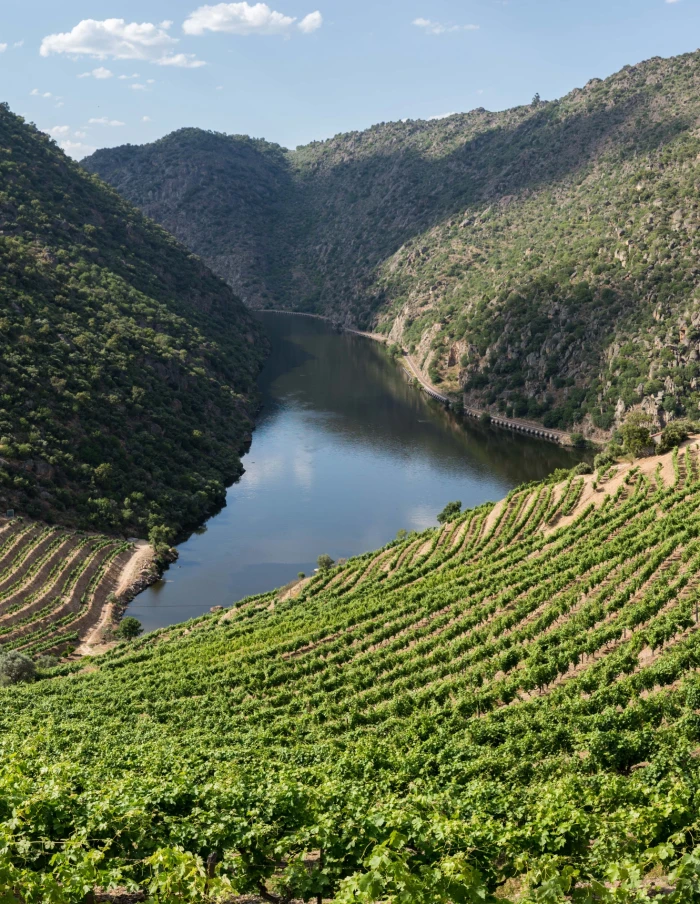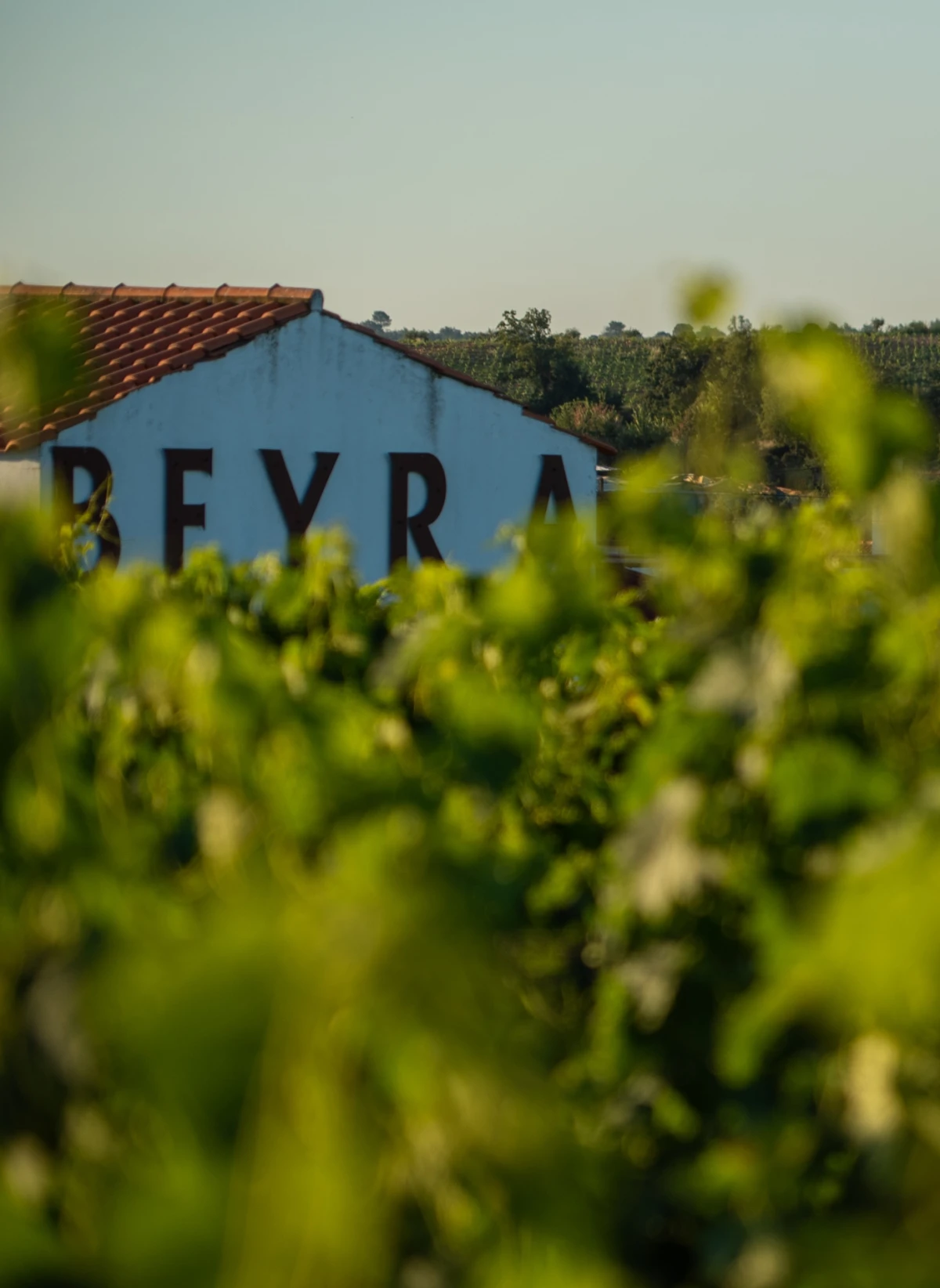Sustainability
Our commitment to a better world for future generations, at an environmental, social and economic level.
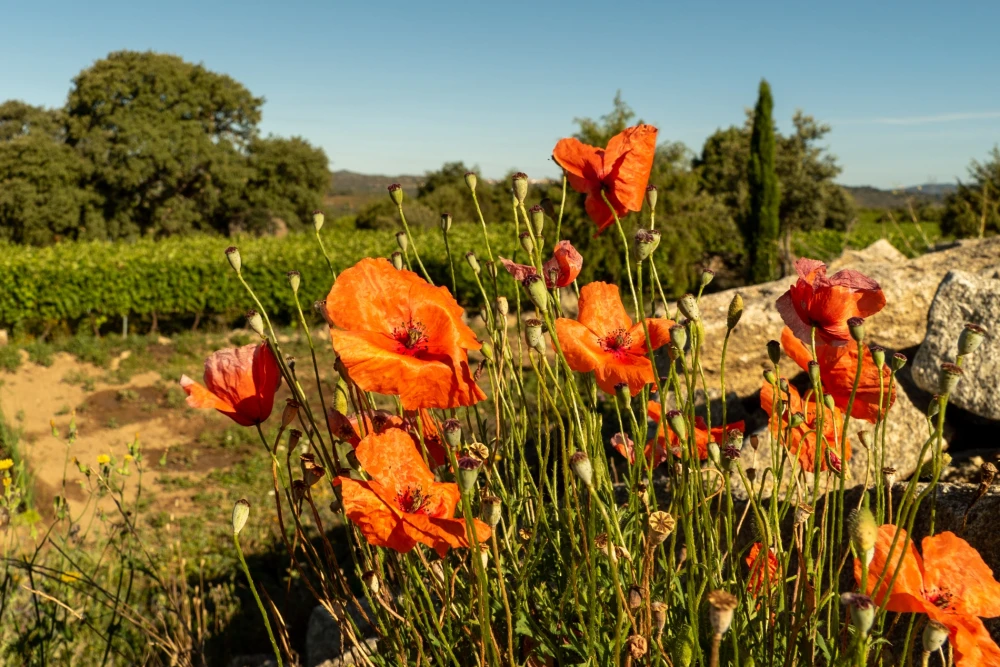
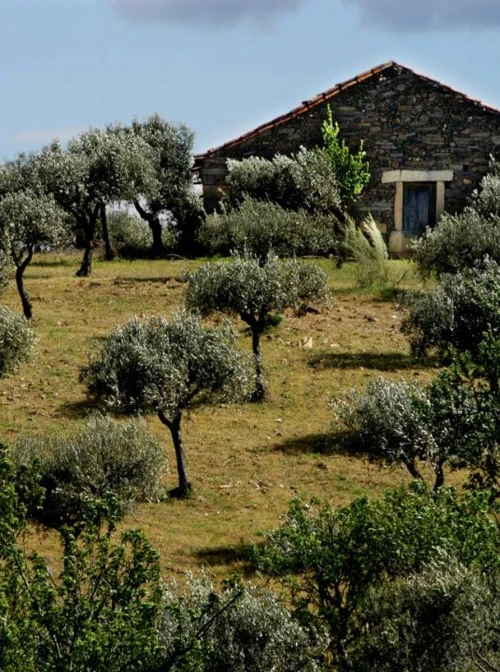
Our commitment to a better world for future generations, at an environmental, social and economic level.

From the vine to the glass, respect for the origin.
Dry farming
- Both Upper Douro and Beira Interior are areas with levels of rainfall typical of sub-desert areas;
- Therefore, non-irrigated vines are the main foundation of our commitment to more sustainable agriculture;
- With this, we achieved an average annual saving of 450L/vine, that is, on average 2.25 million L/hectare;
- In general, each vine consumes around 450 litres of water in a vegetative cycle; therefore, our vineyards would consume around 1.8 million L/hectare, a total of 1.47 M per year.
Biological Agriculture (KIWA/SATIVA Certification)
All our vines are grown 100% organic, with KIWA/SATIVA certification:
- 18.5 ha in Quinta da Pedra Escrita (Freixo de Numão, Upper Douro) and 64 ha in Beira Interior (Figueira de Castelo Rodrigo);
- Control and registration of all phytosanitary products used in the vineyard (field notebooks);
- All products used in the vineyard must comply with Bio certification bodies;
- Monitoring and traceability of all operations, and subsequent tracking of contamination by analysing soils, products and wines;
- We only use organic fertilisers and natural nutrients in the soils;
- Every year we carry out an analysis of the soil for the presence of any pesticides.
Beyond Certification: protection of natural systems and promotion of biodiversity
- Circular agricultural economy: the dry matter resulting from the pruning of wines and adjacent forests is crushed and reincorporated into the soil, in order to improve dry matter levels in the soil, and consequently to increase water retention;
- We preserve old vines, although they are less productive, because we believe they carry the DNA of the cultivation tradition and indigenous varieties, perfectly adapted to the soils and climate of each region;
- Preserving native biodiversity around the vineyard supports the maintenance of centuries-old ecosystems;
- Vine replanting is made with respect for the native flora, a natural refuge for the existing fauna, helping to maintain the natural balance and weed control. Rootstocks are also used, instead of ready-made, as they are more rustic and require less water;
- We keep sheep herds for timely control of weeds and maintenance of soil texture;
- Mobilisation of soil between the rows with a superficial vibrotiller and in the row using an inter-row weeder in the surface;
- Using high-tech sprayers with very low water consumption per hectare, we manage to use water more precisely and with fewer breaks in phytosanitary control operations;
- Grafting is done with propagation material taken from our organic vineyards.
- Responsible use of water in the winery and pre-treatment of wastewater, before discharging it into the public network;
- Replacement of gutters with smaller ones, in order to reduce water use throughout the process from harvest to bottling;
- Use of solar energy in industrial production, with the installation of photovoltaic panels;
- Cellars and warehouses with oversized thermal insulation to optimise energy consumption;
- LED lighting in our cellars and warehouses.
- Priority to the use of lighter glass bottles is also part of our commitment to reducing the CO2 footprint;
- Priority to natural sealants, in this case natural cork with a neutral carbon footprint;
- Use of recyclable dry packaging materials: labels, stoppers, capsules and boxes;
- Priority to groupage shipping, optimising the transport of goods and reducing the CO2 footprint.
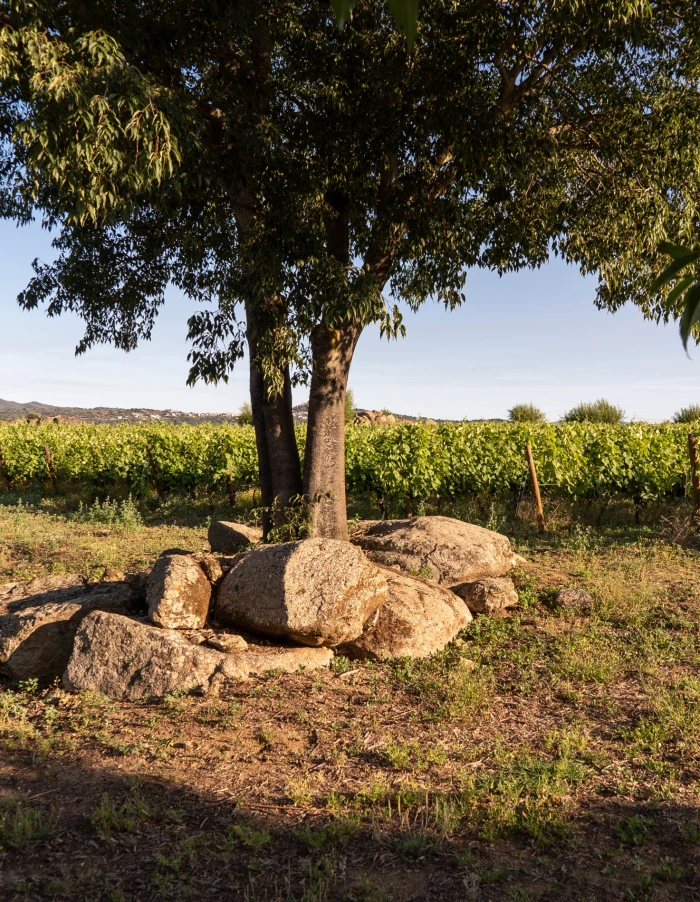

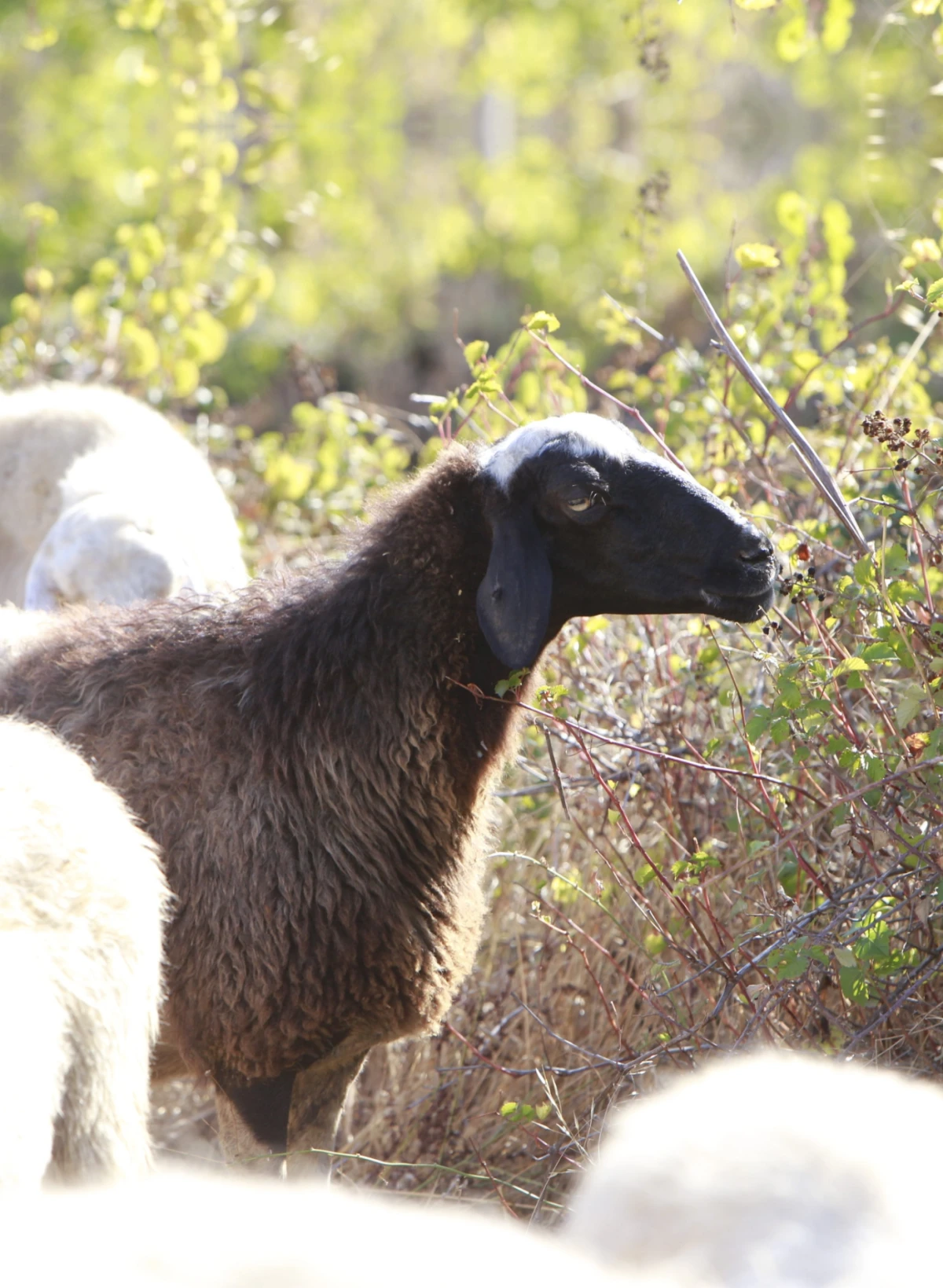
An organisation committed to people and communities
The production sites are located in the northern interior of Portugal, a region increasingly affected by ageing, desertification and emigration. We privilege the hiring of local workers and suppliers to strengthen the economy of these territories.
We value our employees, reinforcing skills through regular training in all areas. Rigour and certification of health, safety and hygiene at work protocols. Free health insurance provided to all employees.
Grape harvesting is manual, to the detriment of the savings obtained mechanical harvesting, in order to offer work in agriculture throughout the year and settling people in the countryside.
Provision of jobs for people with physical or mental limitations, and in the process of recovering from addictions and social reintegration. Permanent reinvestment in production territories, both in vineyards and wineries. IFS Food Certification, an international benchmark in terms of food safety, to reinforce the relationship of trust with consumers of the Company’s wines.
Promote the professional fulfilment of all employees.
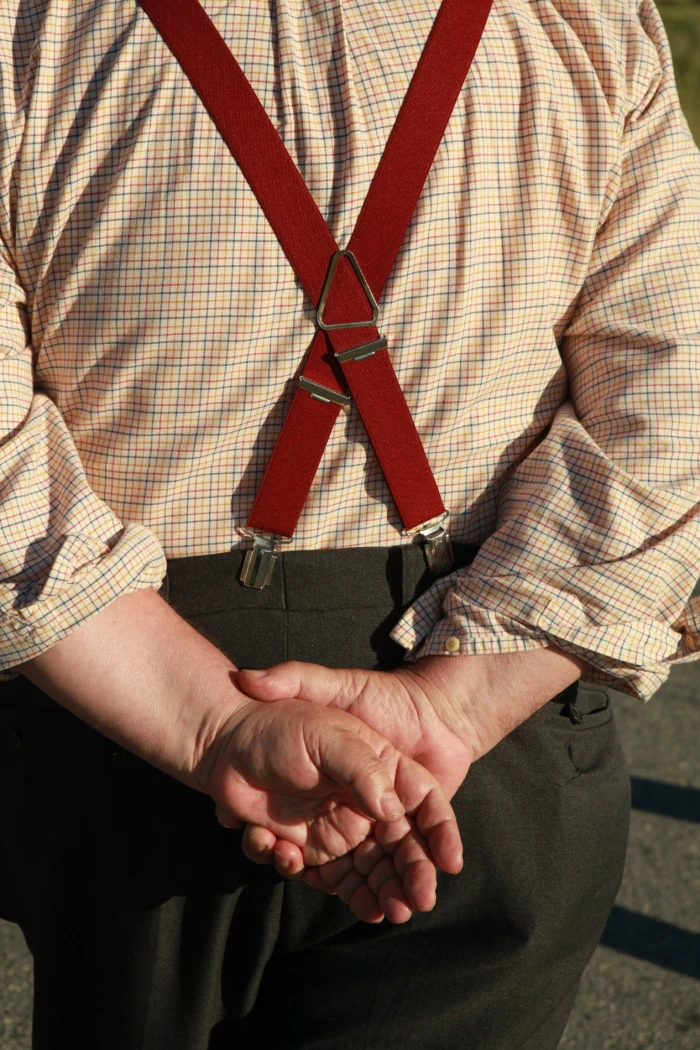

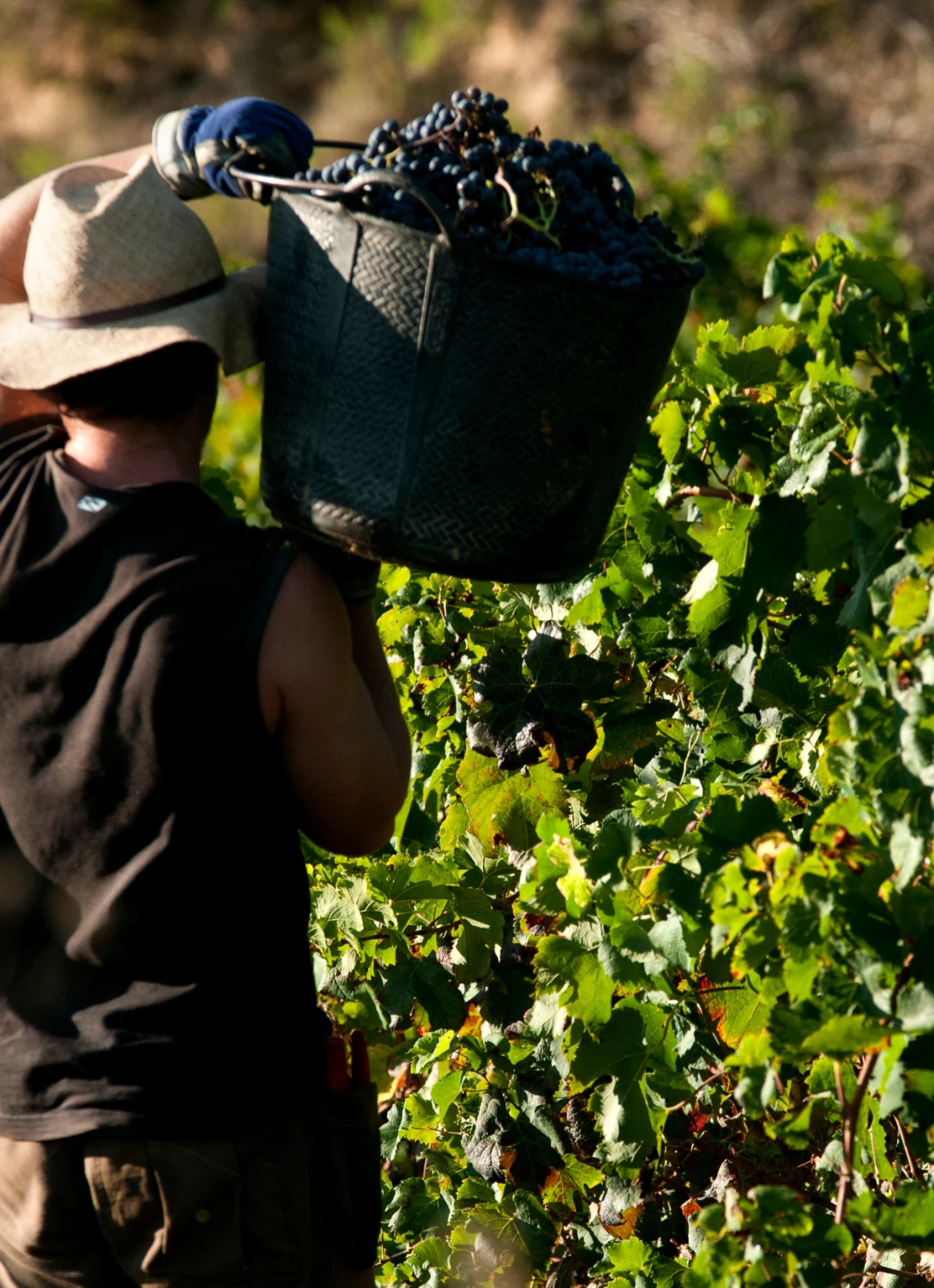
A company that lasts over time, being economically and financially sound.
I want us to be a company that lasts over time, with strategic thinking, sustainability ethics and a future-oriented management philosophy that permanently combines:
- A clear commitment of Management to sustainability;
- The development and implementation of sustainable practices at all stages of production, from the field to the point of sale;
- Implementation of effective monitoring and reporting systems to follow up sustainability management in its three aspects;
- Economic and financial management that guarantees the long-term viability and consolidation of the Company;
- Production of wines that perfectly reflect their origin;
- Increase reasons for consumer loyalty based on these values, exceeding their expectations;
- An operation with minimal impact and respect for nature, seeking to reduce the CO2 footprint;
- Comprehensively and permanently assess the life cycle of the wine production process to identify and address environmental impacts at each stage, through recurring continuous improvement processes;
- Contribute to the development of local communities where the business is carried out, in parallel with strengthening their economic and financial autonomy, in conditions of profitability for their shareholders, developing all this activity while seeking for and encouraging partners (upstream and downstream) who share the same vision for the business and the world.
- Annually reinvest a large part of the financial resources generated in the previous year, in order to allow the investment in the implementation and development of practices that consolidate sustainability in all its aspects.
